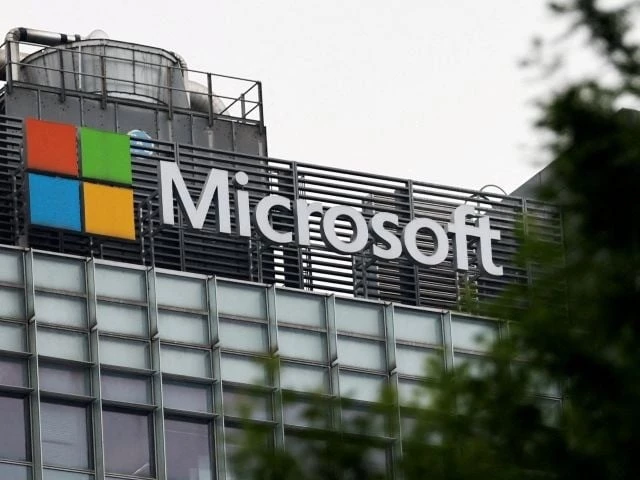Microsoft announced on Thursday that it has disabled several services used by an Israeli military unit, following preliminary findings that support a media investigation alleging mass surveillance of Palestinian phone calls. The investigation, led by The Guardian and other outlets in August, claimed that an Israeli military agency used Microsoft’s Azure platform to store recordings of mobile phone conversations made by Palestinians in the Gaza Strip and the Israeli-occupied West Bank.
In a blog post, Microsoft President Brad Smith stated, “We do not provide technology to facilitate mass surveillance of civilians.” The company said its ongoing internal review found evidence consistent with the media reporting, including details about the Israeli Ministry of Defense’s use of Azure storage in the Netherlands and AI services. Based on these findings, Microsoft decided to cease and disable specific IMOD subscriptions, which include certain cloud storage and AI services. Smith emphasized that Microsoft’s cybersecurity services to Israel and other Middle Eastern countries would remain unaffected.
When asked about Microsoft’s announcement, a spokesperson for Israel’s Ministry of Defense declined to comment. Previously, Israeli military officials had asserted that their collaborations with companies like Microsoft were governed by “legally supervised agreements” and denied that Microsoft was handling data storage or processing for them.
Pro‑Palestinian organizations welcomed Microsoft’s action. The Council on American–Islamic Relations (CAIR) and a tech industry advocacy group called No Azure for Apartheid described the move as vindication for tech workers and activists who opposed Microsoft’s ties with the Israeli government. Imraan Siddiqi, CAIR’s Washington state chapter executive director, said the decision was “a welcome step.”
Microsoft is among several global tech firms facing pressure over their involvement in Israeli operations amid the worsening humanitarian crisis in Gaza. As international scrutiny over Gaza intensifies, employees at companies like Microsoft have staged protests. Some workers were dismissed after participating in sit-ins, but Microsoft has defended those terminations, citing violations of internal policies and safety concerns.
The Guardian’s original investigation was carried out in partnership with +972 Magazine (Tel Aviv) and Local Call, a Hebrew‑language outlet. Meanwhile, critics argue that Israel’s military campaign in Gaza, which has led to significant civilian casualties and mass displacement, is drawing international condemnation—and that allegations such as those involving Microsoft only deepen the ethical and legal scrutiny of technology’s role in modern conflict.












Leave a comment